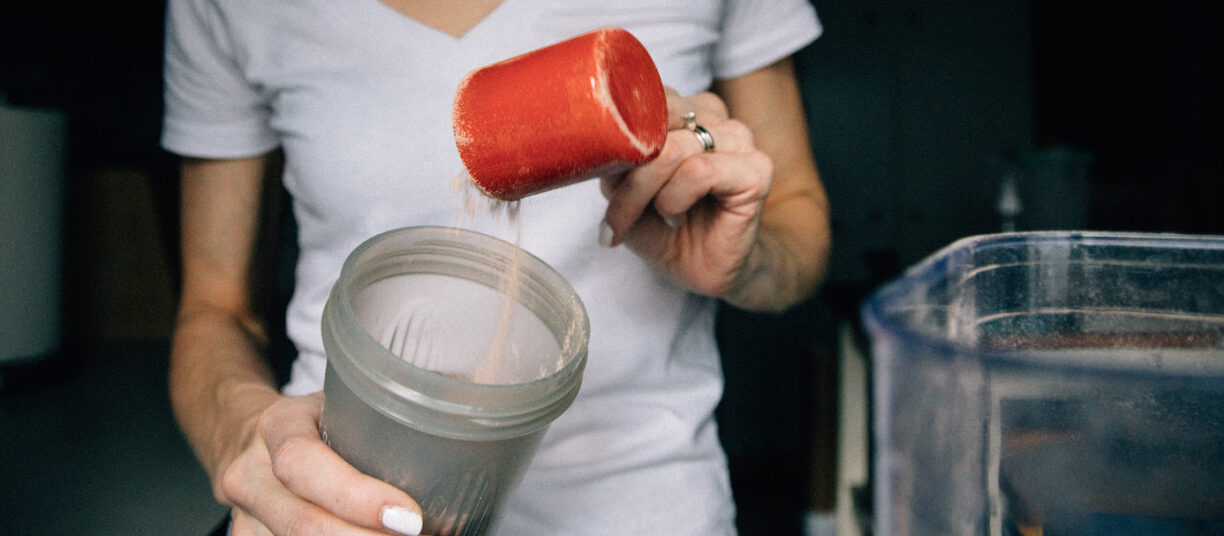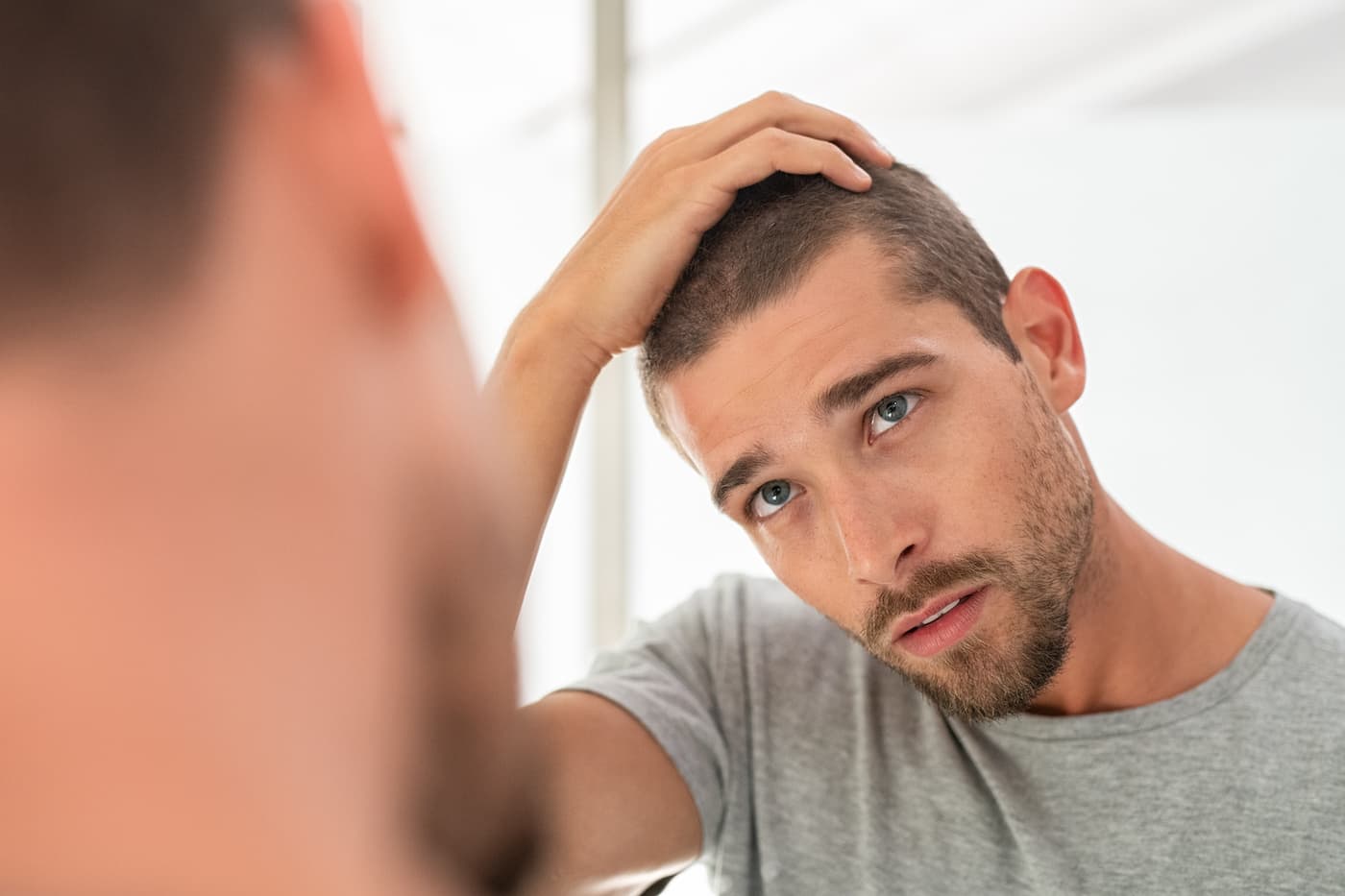According to recent data, a whopping 77% of folks are actively trying to pump up their protein intake.
Protein shakes have become the go-to for this, delivering a solid 25g to 50g of protein per shake.
Yet, in the quest for those biceps, some popular shake ingredients could be giving your hair the old heave-ho.
Dr Balwi, the big cheese in hair surgery at Elithair, has spilt the beans on which ingredients might be fast-tracking you to a bald patch due to sky-high levels of dihydrotestosterone (DHT), that sneaky hormone responsible for hair loss.
Bananas: The Sneaky Saboteur
Bananas, the trusty sidekick of quick energy boosts, are loaded with potassium, vitamin B6, and vitamin C.
But beware, these high GI foods can jack up your blood sugar faster than you can say “banana split.”
This spike triggers insulin and androgen levels, which in turn, prod your sebaceous glands to flood your hair follicles with sebum, leading to clogs and, you guessed it, hair loss.
Dates: The Sweet Deceiver
Dates are fantastic for your gut and brimming with essential vitamins and minerals. Yet, just like bananas, these high GI delights can send your insulin on a rollercoaster ride, boosting androgen levels and sebum production, which can block those precious hair follicles.
Swap them out for lower GI fruits like blueberries, strawberries, or pears, and keep your shakes sweet without the follicle fallout.
Creatine: The Muscle Maker, Hair Taker?

Creatine is the darling of muscle builders everywhere, but it comes with a hairy catch. Supplementing with creatine has been linked to a rise in DHT levels.
DHT, born from testosterone, is notorious for causing male pattern baldness. A study with rugby players showed a significant uptick in DHT following creatine use.
For those looking to dodge the hair-raising side effects, beta-alanine is a solid alternative to boost performance without bumping up DHT.
Whole Milk: The Creamy Culprit
Whole milk is a nutritional powerhouse, rich in calcium, protein, and vitamin D, and a staple in many protein shakes.
However, it’s also packed with hormones, including testosterone precursors that can morph into DHT.
The high-fat content in whole milk can also crank up hormone production, leading to increased DHT levels. Maybe it’s time to consider almond or oat milk instead.
Full-Fat Yogurt: The Sneaky Dairy
Full-fat yoghurt can be as guilty as whole milk when it comes to upping DHT levels, thanks to its high-fat content.
Despite its benefits in the probiotic department and muscle repair due to its protein, it might be time to opt for low-fat versions. You get all the gut-loving goodness without risking your locks.
Dr. Balwi, the head honcho at Elithair, says, “It’s crucial to be mindful of how the ingredients in protein shakes can affect DHT levels, especially for individuals worried about hair loss.
Choosing ingredients such as low-GI fruits, non-dairy milk, low-fat yoghurt, and protein sources like BCAAs or plant-based proteins can help manage DHT levels while still offering essential nutrients.
Striving to better your health through diet and exercise is commendable, and beneficial for overall wellbeing – but it’s also worth knowing how your diet is impacting the health of your hair. Incorporating these alternatives into your morning shake is a great way to reach your fitness goals, whilst safeguarding your hairline.”





